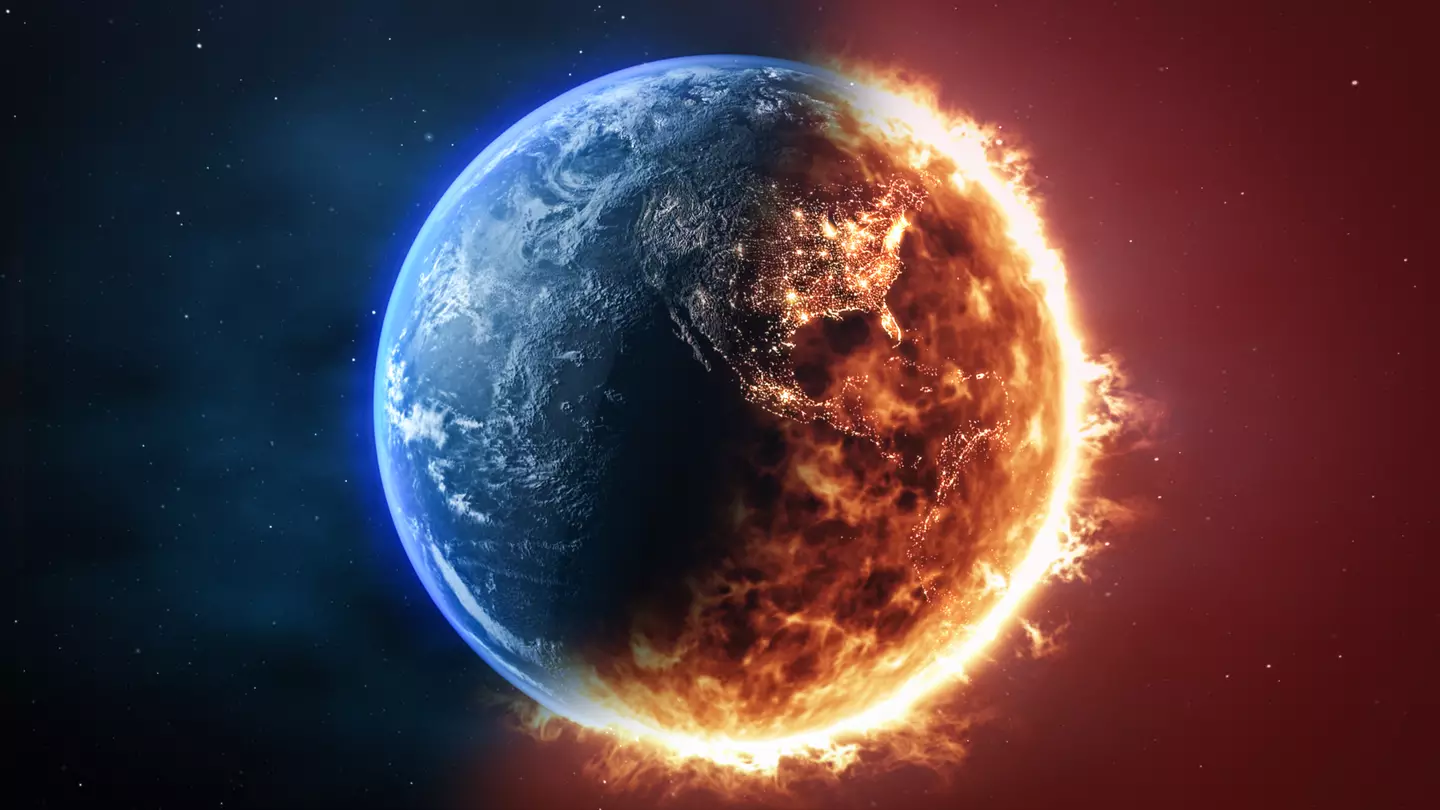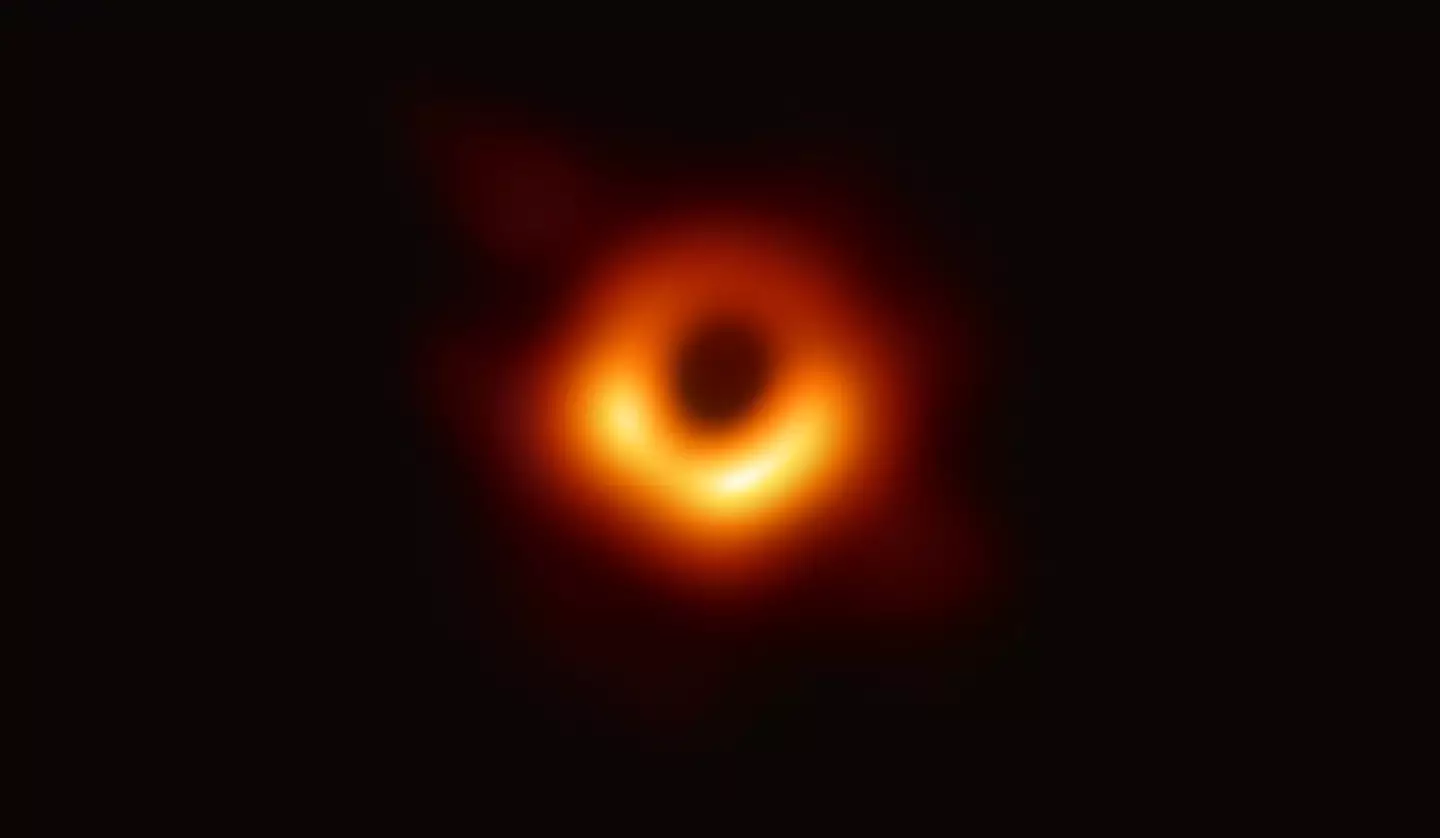
We often hear about the world ending, whether it’s on TV or in the news, but now we actually know when it’s going to happen - and it’s a lot sooner than expected, according to scientists.
Think of films like The Day After Tomorrow, On The Road, and the various other apocalyptic projects that we all collectively decide to watch in a bid to see how we’d fare if the world really did go downhill while we’re alive.
But according to scientists, the universe will cease to exist much sooner than they had previously thought.
Researchers at Radboud University explained that their calculations show that the universe is decaying via Hawking radiation.
Advert

Now, you’re probably asking what Hawking radiation is, and I can’t blame you.
Basically, in 1975, physicist Stephen Hawking theorised that contrary to the theory of relativity, particles and radiation could in fact escape from a black hole, and right at the edge of a black hole, two temporary particles can form.
Before those two particles merge, one particle is then sucked into the black hole and the other particle escapes, meaning that a black hole very slowly decays into particles and radiation.
The researchers calculated that because of this process of Hawking radiation, it could also apply to other objects with a gravitational field- aka, Earth, stars, planets and the universe.
Based on the object’s density, its 'evaporation time' can differ.
So, having based their calculations on dwarf stars (which are the most persistent in the universe) and how long it would take to decay, they figured that it would take about 10^78 years (a one with 78 zeros) to decay.
Previously, it was thought that it would take 10^1100 years (a one with 1,100 zeros) instead, but of course, it's fair to say it's still a long way off either way.
Lead author Heino Falcke said: "So the ultimate end of the universe comes much sooner than expected, but fortunately it still takes a very long time."

Published in the Journal of Cosmology and Astroparticle Physics, black hole expert Heino Falcke, quantum physicist Michael Wondrak, and mathematician Walter van Suijlekom also found that neutron stars and stellar black holes take the same amount of time to decay -10^67 years.
"But black holes have no surface," wrote co-author and postdoctoral researcher Michael Wondrak. "They reabsorb some of their own radiation which inhibits the process."
As for when the Moon and humans would evaporate, consider yourself safe for 10^90 years (a one with 90 zeros).
Co-author Walter van Suijlekom, professor of mathematics at Radboud University, shared that this news, while a bit scary, opens doors to further research about the universe.
It can also help scientists to better understand Hawking radiation, too.
He said: "By asking these kinds of questions and looking at extreme cases, we want to better understand the theory, and perhaps one day, we unravel the mystery of Hawking radiation."
